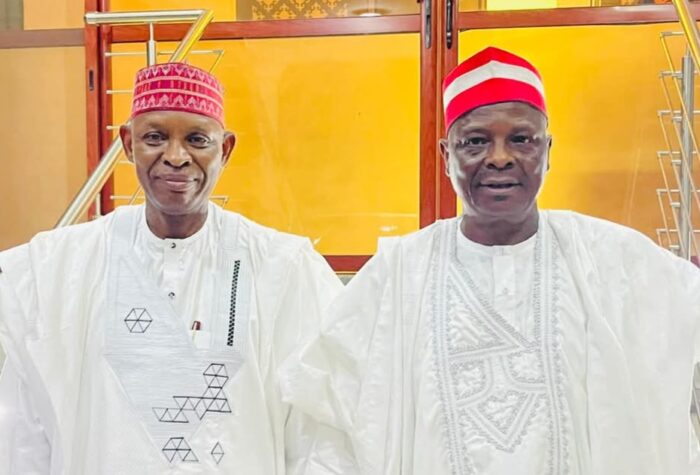The United Nations has called for greater inclusion and broader representation of people with albinism to tackle discrimination and ensure the promotion of their rights. Albinism is a genetic condition characterized by a lack of melanin pigment that affects the skin, hair, and eye colour. The UN Independent Expert on albinism, Muluka-Anne Miti-Drummond, has pointed out that persons with albinism are still facing hurdles to achieve a life characterized by equality and dignity. She urged different stakeholders, including influencers, civil society organizations, governments, UN counterparts, and community members, to join forces and strengthen partnerships to provide better opportunities for people with albinism.
While albinism is present in both sexes and all countries worldwide, it is more prevalent in sub-Saharan Africa. The estimates suggest that one in 1,400 people is affected by albinism in Tanzania, while a higher prevalence rate of one in 1,000 has been reported for select populations in Zimbabwe and other specific ethnic groups in Southern Africa. People with albinism are frequently suffering from discrimination because of their skin colour and lack of melanin. Also, visually impaired people with albinism are highly susceptible to skin cancer. Data shows that over the past decade, UN human rights entities have received more than 600 reports of attacks against people with albinism, with witchcraft being identified as one of the root causes.
This year, the International Day dubbed “Inclusion is Strength” specifically emphasises the values of diversity and integration. The UN encourages discussing all issues related to albinism with a broad spectrum of people with albinism in young people, women, children, older people, and LGBTQ+ persons of all colours and ethnicities. It is also essential to embrace albinism within the disability movement and other sectors affecting people with the condition, alongside other human rights activists.
Miti-Drummond reaffirmed that decisions affecting people with albinism cannot be made without their inclusion, highlighting that laws, policies, and dialogues on human rights need to cover albinism. Therefore, she urged policymakers to go beyond rhetoric and take tangible steps to ensure the inclusion of people with albinism, given the numerous human rights treaties and commitments they have signed at regional, national and international levels. She added that collaborations and partnerships are critical to eliminating the challenges hindering the full integration of people with albinism, stressing that “inclusion is strength”.



